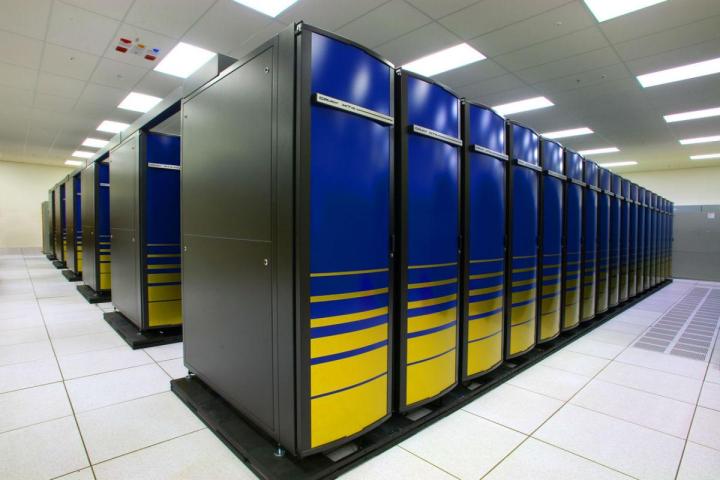
At 33.86 petaflop per second, Tianhe-2 comes out well above the second place machine’s score of 17.59 petaflops per second. The second place machine, Titan, is a Cray XK7 located at the U.S. Department of Energy’s Oak Ridge National Laboratory. The Titan may have been second in speed, but it’s one of the most power-efficient machines in the top 10.
While most of the systems that make the list were built in 2011 or 2012, and are mostly located in China, Japan, the United States, and Europe, a Middle Eastern system broke the top 10 for the first time ever. The Shaheen II is a Cray XC40 at King Abdullah’s University of Science and Technology in Saudi Arabia, and was only built recently.
While United States has the most overall supercomputers at 233, its lead is starting to dwindle, and may be heading for the lowest numbers seen in 45 tests. The need for supercomputers seems to be slowing, with downwards trends in a few of the most prolific countries for that type of system. The TOP500 list started as a research exercise in 1993, but is now used as an indicator for the state of supercomputing worldwide.
Editors' Recommendations
- White House unveils 31 U.S. tech hubs to boost industry
- The iPhone 15’s chip challenges Intel’s fastest desktop CPU — but there’s a catch
- Email typo misdirects millions of U.S. military messages to Mali
- U.S. airports safer after software upgrades aimed at preventing taxiway landings
- Why Windows on ARM still couldn’t catch up this year


